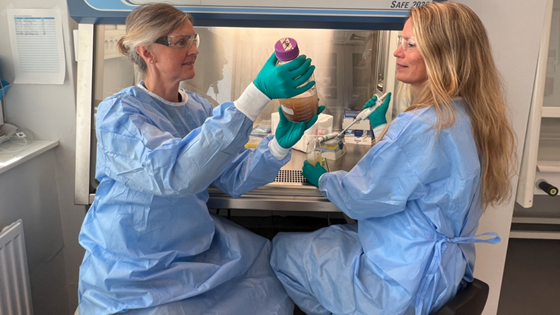
Can disinfectants promote antibiotic resistance?
Yes, say researchers – who suspect that disinfectants used in food production may in fact be exacerbating a global public health problem.

Yes, say researchers – who suspect that disinfectants used in food production may in fact be exacerbating a global public health problem.
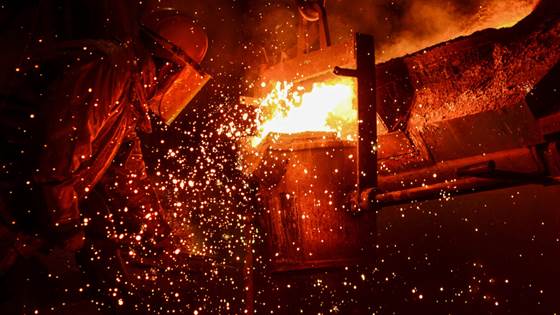
Norwegian hydrogen research laboratories have recently been celebrating breakthroughs that can help heavy industry to achieve climate neutrality. But current Norwegian government policy means that these findings will most likely only benefit our...
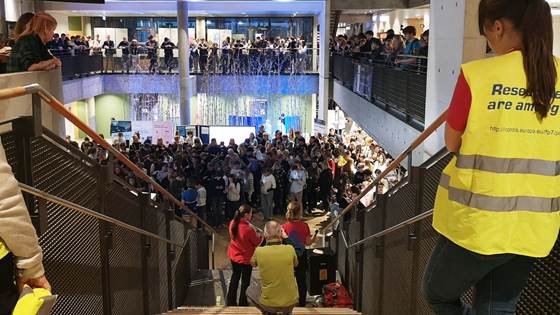
SINTEF took an active role at Researchers’ Night 2023, from showing visitors inside the engine of a hydrogen car to explaining how CO₂ can be captured and stored in order to reduce our emissions.
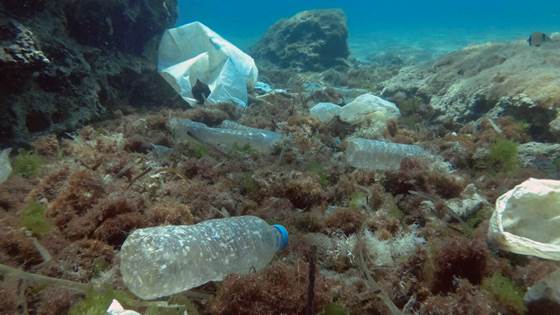
Bacteria discharged to the oceans in sewage and wastewater thrive on the biofilms that form on plastic waste. This may be leading to the somewhat unanticipated problem of antimicrobial resistance.
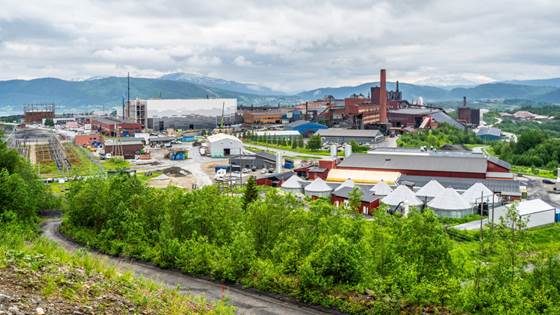
According to researchers, so-called ‘industrial symbioses’ and ‘green hubs’ are offering answers to the challenge of meeting Europe’s climate change mitigation targets.
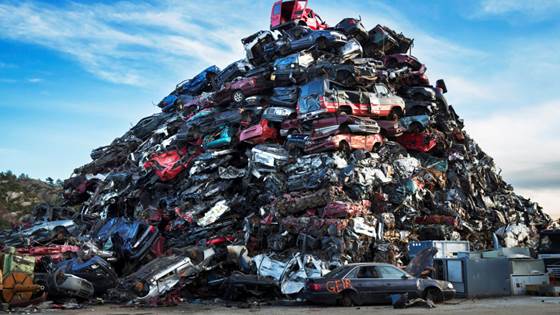
Unless we acquire greater knowledge about what happens at the atomic and molecular scale during materials recycling, progress towards a truly circular economy will grind to a halt.
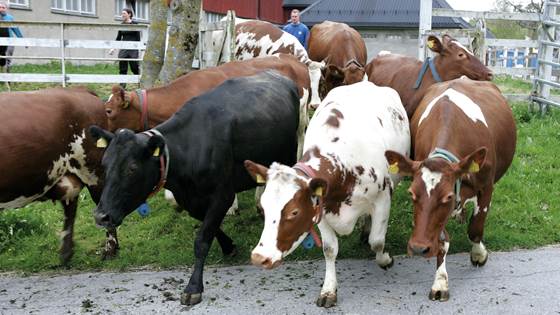
Researchers have developed a new method of detecting a metabolic disease that affects dairy cows after calving. The aim is to determine whether cows are at risk of contracting the disease before they actually become sick.
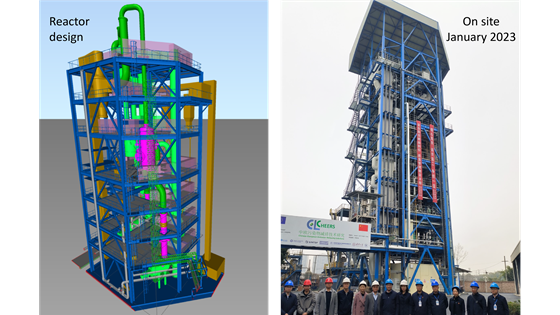
The largest chemical looping combustion (CLC) unit in the world, constructed by a SINTEF-led Chinese-European project, is currently in its main testing phase. Results are expected in the coming weeks.
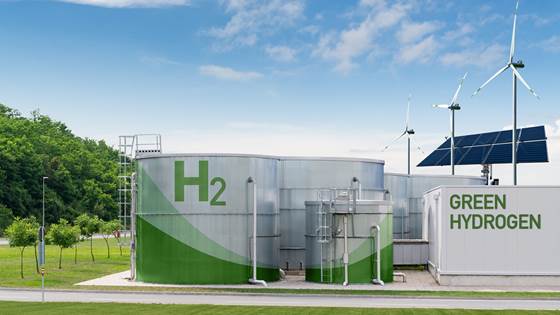
A new project is making the hydrogen production process more cost effective and sustainable by reducing the use of critical raw materials.